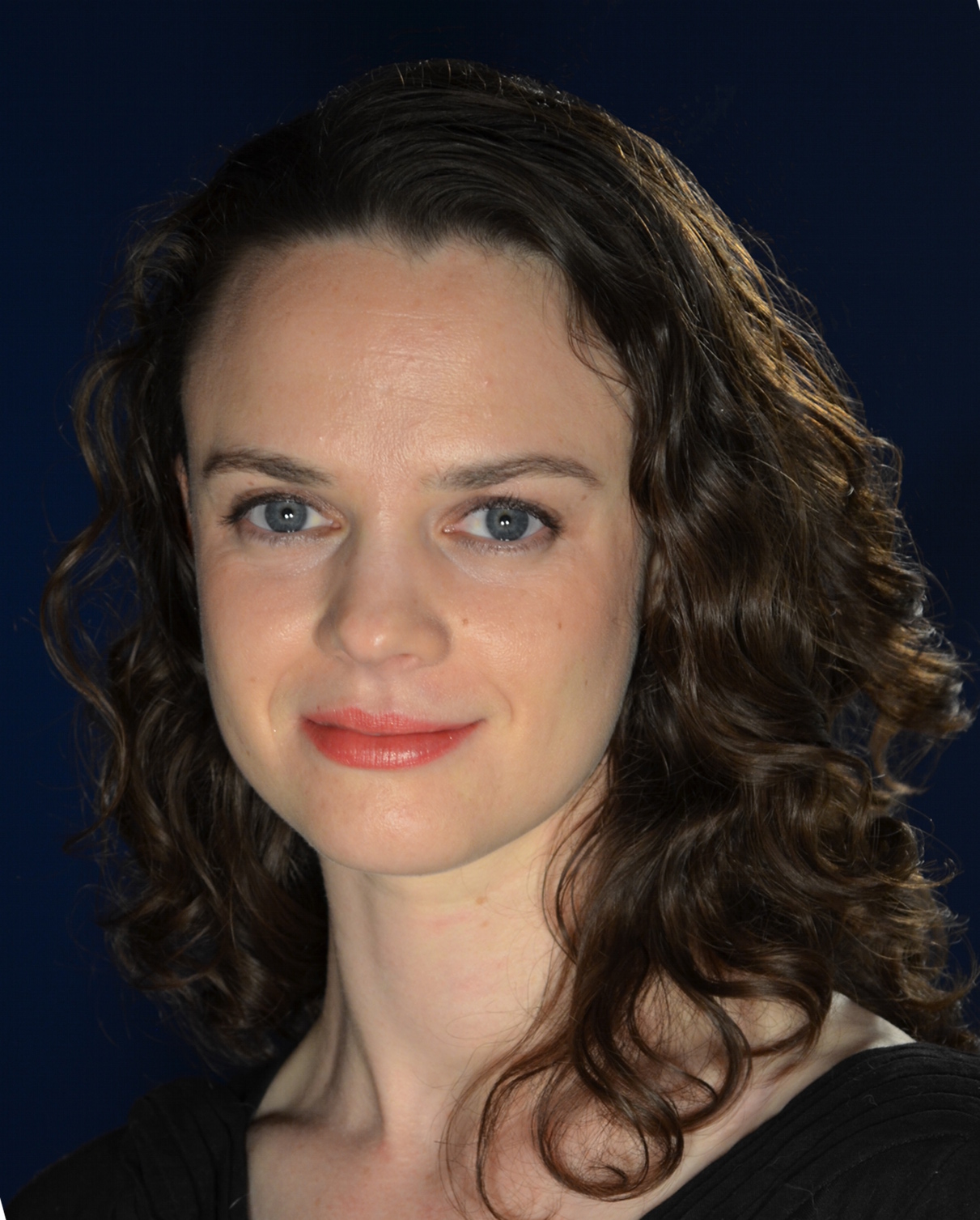Carb-Cutting Diets Found to Burn Most Calories

"Burn more calories than you eat" remains the golden rule of weight loss, but a new study finds that the human body burns calories more efficiently while on certain diets than on others.
Researchers found that overweight people burned 350 more calories a day, on average, when they ate a low-carbohydrate diet, than when they ate a low-fat diet.
"That's an amount equal to one hour of moderate physical activity, without lifting a finger," said Dr. David S. Ludwig, lead author of the study published tomorrow (June 27) in the Journal of the American Medical Association.
The researchers also found that people burned 150 more calories more a day when they ate a diet of low-glycemic index foods, when compared with a low-fat diet.
The findings show that "from a metabolic perspective, all calories are not alike," said Ludwig, who researches obesity prevention at Children's Hospital Boston. "The quality of the calories going in affects the number of the calories going out."
Not all calories are created equal?
Ludwig and colleagues gave 21 overweight adults three meals a day for seven months. At the study's start, all participants ate the same diet and lost, on average, 14 percent of their body weight.
Get the world’s most fascinating discoveries delivered straight to your inbox.
Then, to maintain their weight loss, participants were assigned to monthlong trials of three popular diets. One diet consisted of low-fat foods, another was based on the Atkins approach of cutting out carbs, and the third diet focused on foods that rated low on the glycemic index (for example, complex- carbohydrate foods such as brown bread and oatmeal, instead of white bread or white rice).
People's diets can change more than the numbers on the scale, so the researchers ran tests for markers of heart disease and diabetes risk, along with calculating participants' metabolic rates.
On the low-carb diet, people burned the most calories but also experienced increased stress hormones and inflammation. "Both of those are key heart disease risk factors," Ludwig said.
Meanwhile, people on the low-fat diet experienced the most negative consequences regarding insulin resistance, lipid levels and HDL (or good) cholesterol.
"The low glycemic index diet gives you many of the same [calorie burning] advantages of the low-carb diet without any of the extremes," Ludwig said. But the researchers noted this diet included more fat than the recommendations endorsed by many doctor groups.
An apple a day?
Low-fat diets were championed by doctors for decades, until the Atkins diet shook up the medical field, said Dr. Kevin Niswender, an associate professor at the Vanderbilt School of Medicine. Heart experts worried that the low-carbohydrate Atkins meals left too much room for high-fat foods, which would lead to clogged arteries.
"In the early days, it was just heresy," Niswender said of the Atkins diet. But "there are now a number of pretty decent studies showing that you can get weight loss with a moderately high-fat diet."
Niswender said a one-month trial of a diet is too little time to make diet recommendations. Yet he added that doctors need tightly controlled experiments such as the one by Ludwig and colleagues.
"People are very variable, so to be able to measure the same thing, in the same diet, is a good design," Niswender said.
Ludwig said he hopes to compare the three diets in larger groups of participants, for a longer period of time. But for now, his practical advice is to balance healthy fats and carbs: Cook vegetables in oil, sprinkle a little cheese on broccoli, put some avocado in your burrito.
"Ultimately there shouldn't bee a conflict between biology and behavior," Ludwig said.
Follow MyHealthNewsDaily on Twitter @MyHealth_MHND. Find us on Facebookand Google+.



